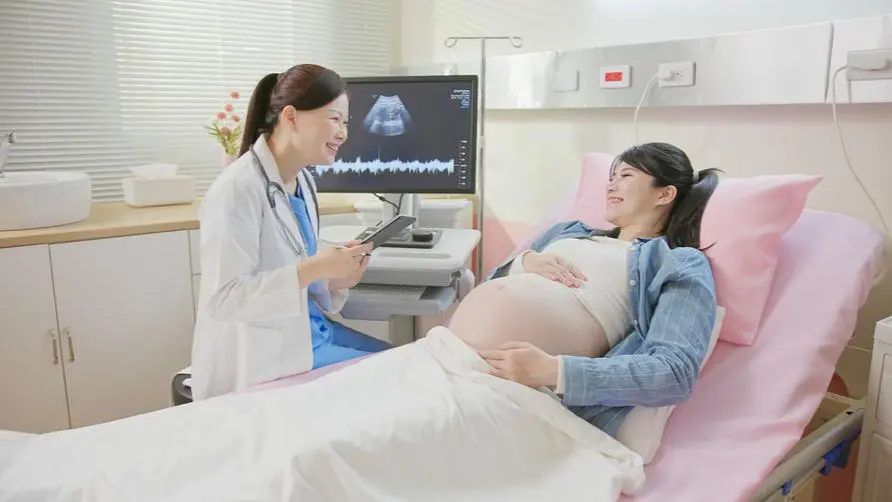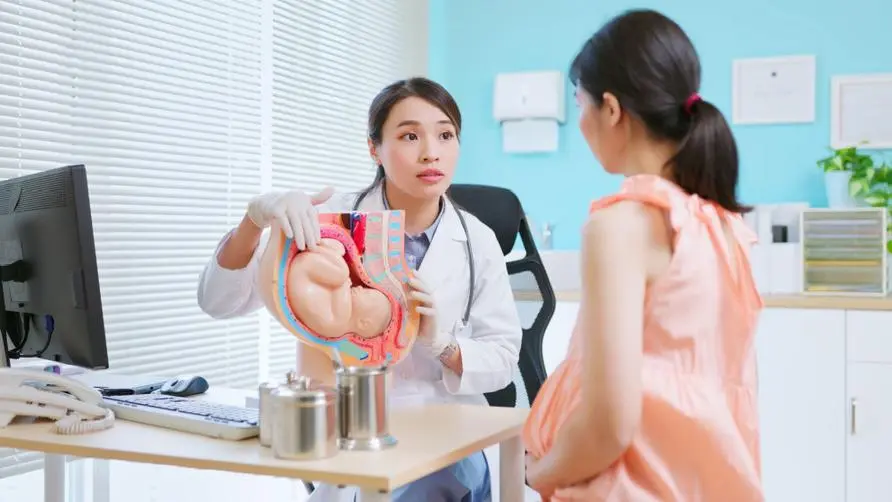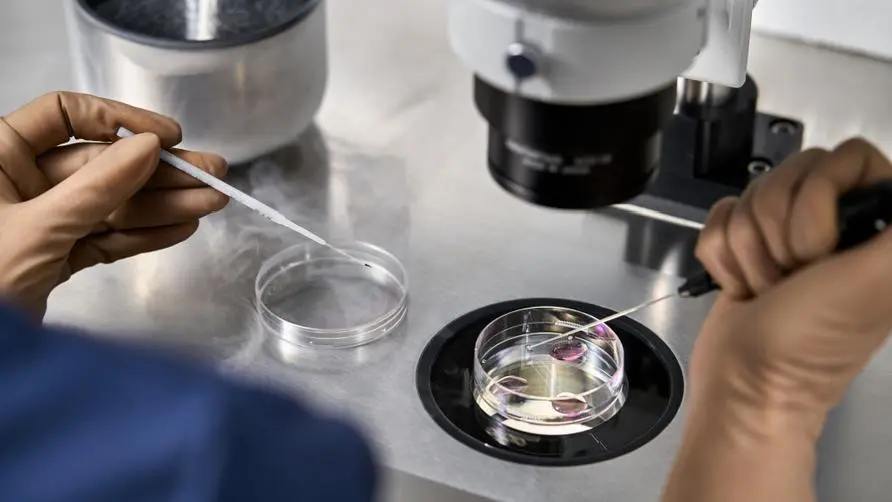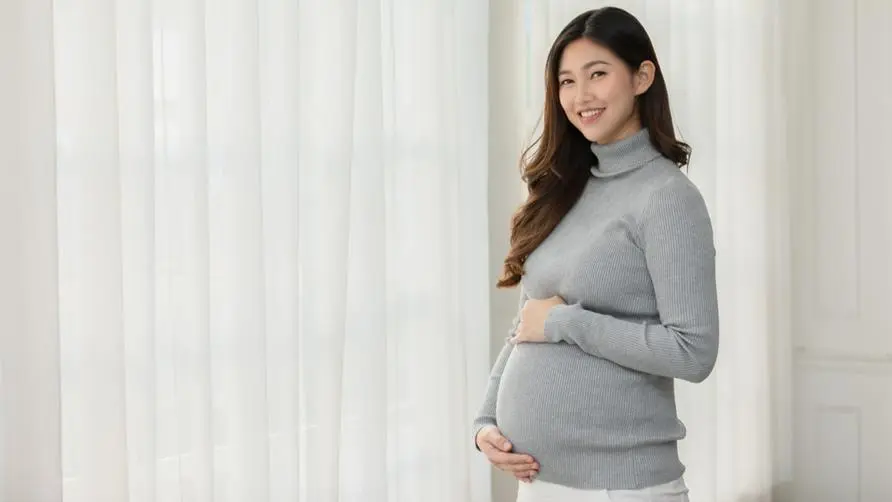She had 4 miscarriages at the age of 32 and successfully gave birth to a child through third-generation test tubes! Doctor: "Embryo sectioning" is a big trend

The 32-year-old had 4 miscarriages and was unable to find a child. The third-generation test tube helped her successfully give birth.
Taiwan’s “low birthrate” phenomenon has become a national security crisis. The number of newborns so far in 2022 is only about 110,000. At the same time, women’s childbearing age has been delayed. In addition to being prone to infertility treatment issues, whether they can give birth to healthy babies after embryo implantation, It is also a major worry for new parents. Ms. Wang, who is only 32 years old, had suffered four miscarriages before. During her fifth pregnancy, she was diagnosed with Down syndrome and induced labor. She obtained normal embryos through the third-generation test tube “Preimplantation Chromosome Screening (PGT-A)” and gave birth successfully. A healthy baby, fulfilling the dream of having a child.
Dr. Li Yiping, director of the Reproductive Medicine Center of Shin Kong Hospital, said that with previous IVF technology, the health status of the embryo could not be known until after implantation, so there was a higher risk of miscarriage and non-implantation. Now using the third-generation test-tube baby technology, 2-3 cells can be extracted before implantation to determine whether there are risks of Down syndrome, spinal muscular atrophy, Fragile X syndrome, hereditary hearing loss and other diseases, and help pregnancy The rate has been greatly improved, and the average implantation rate can reach 80-90%.
After the age of 40, only 1 out of 6 embryos is available? Embryo section testing is more important
“The age of IVF abroad is about 33 years old. According to data from Shin Kong Hospital, the average age of IVF in Taiwan is about 40 years old. In comparison, artificial reproduction treatment is started very late. It is very difficult for parents. Said, the health of the embryo is more important!”
Dr. Li Yiping said that for embryo testing under the age of 35, an average of 2 embryos can be obtained to obtain one healthy embryo, while for those over 40 years old, it takes about 6 embryos to obtain 1 healthy embryo. Through third-generation test tubes combined with hysteroscopy and ultrasound tracking, it is possible to ensure that the embryo culture environment and fetal chromosomes are normal. Ms. Yang, 37, had experienced multiple in vitro fertilization failures. It was not until she underwent third-generation in vitro fertilization (PGT-A) screening that she successfully implanted a 20% “low mosaic embryo”. With the subsequent complete prenatal check-up, she successfully gave birth to a healthy baby. .
Dr. Li Yiping pointed out that third-generation test tubes and embryonic section testing have become trends in reproductive medicine. Through the latest reproductive technology, many problems can be solved. Before placing the embryo into the mother’s belly, precise laboratory testing must be done to ensure that the embryo is healthy and normal. It is said to be the most important part of the entire IVF process.
The risk of late marriage and late birth of genetic diseases is high. High-risk pregnancies require better care.
Dr. Li Yiping pointed out that modern people have a high proportion of late marriages and late births, and are relatively at higher risk for many diseases. High-risk groups need to pay more attention to screening for recessive genetic diseases to ensure the healthy development of their hard-won babies. In particular, pregnant women who have had habitual miscarriages or have had induced labor due to chromosomal abnormalities are prone to physical and mental stress. They also need to conduct chromosomal examinations on embryos at the front end to eliminate abnormal embryos, which can help mothers significantly reduce the chance of miscarriage and induced labor.
Since mothers who have successfully conceived through artificial reproduction are generally older, in addition to increasing the risk of chromosomal abnormalities in the fetus, the risk of preeclampsia among older mothers themselves is also significantly increased. The number one cause of maternal death in Taiwan is preeclampsia. About one-third of mothers with preeclampsia will give birth to premature babies. In addition, the proportion of multiple births in vitro is relatively high. Multiple births are also a cause of premature births. one.
In order to help elderly pregnant women reduce pregnancy risks, Shin Kong Hospital has established a “High-Risk Pregnancy Center” to deal with critical conditions such as pregnancy-induced hypertension, multiple births, and postpartum hemorrhage. It also cooperates closely with Chuangyuan Biotech to start from the embryonic stage. Various chromosomal testing and tracking, including preeclampsia screening, non-invasive fetal chromosomal testing (NIPT), amniotic fluid karyotype analysis and amniotic crystal radiograph analysis, provide the most complete care for pregnant couples.
Further reading:





